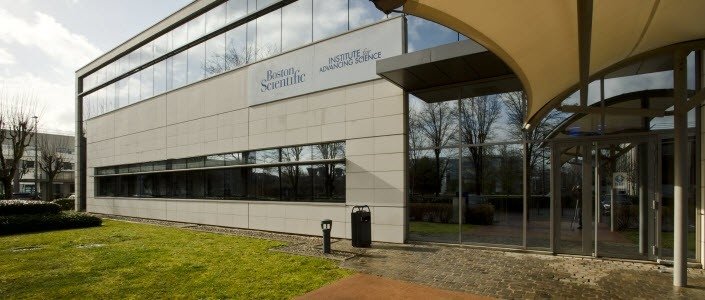As more people return to daily life and routine medical care, it’s inevitable that major medtech companies would outpace the revenues logged last year in the midst of coronavirus lockdowns and early pandemic uncertainty. But even so, Boston Scientific beat its own expectations.
The company posted net sales of about $3.08 billion for the second quarter of 2021, or a 53.6% gain over the same three months of the year before, when the first major wave of COVID-19 swept through the U.S.
Each of Boston Scientific’s three main business segments increased their revenues by more than half. Medical and surgical tools, including endoscopy and urology devices, delivered $948 million and 64.6% growth; meanwhile, heart rhythm, electrophysiology and neuromodulation hardware topped $866 million, an increase of 65%.
Finally, the company’s cardiovascular division brought in $1.26 billion, a 51.4% boost over 2020’s second quarter—which, when adding up all three segments, only amounted to about $2 billion total.
Previously, Boston Scientific forecasted sales increases of 46% to 50%. The company also posted adjusted earnings-per-share of 40 cents, up from a projected range of 36 to 38 cents.
Most of those gains were in the U.S. market, which saw a 70.1% rebound. The Asia-Pacific region reported just a 27% increase in sales, while Europe, the Middle East and Africa jumped up 59.3%. The company’s emerging markets—which includes Brazil, Russia, India, China and more than a dozen other countries—increased by 33.8%.
Boston Scientific kicked off the first quarter of this year with a $1.2 billion deal for Preventice, maker of wearable heart monitors, which will complement the company’s recent entrance into the implantable cardiac monitor and diagnostics market and help shore up cardiovascular sales after procedure-reliant interventions and valves took a dip during the pandemic.
Shortly after in early March, Boston Scientific inked a $1.07 billion deal to acquire Lumenis’ surgical laser business, which will bring in hardware to help break apart kidney stones.
Meanwhile, the most recent quarter saw Boston Scientific exercise an option to acquire Farapulse, spending $295 million for its electric field-based ablation treatment for atrial fibrillation.
Farapulse’s pulsed field system can be directed at specific cardiac tissue via an inserted catheter and avoid causing damage to nearby tissues that may come with heat- or cold-based ablation therapies. Now, Boston Scientific hopes to put its muscle behind Farapulse’s work toward FDA clearances in AFib and other arrhythmias, after the deal is set to close before the end of September.
So far, medtech companies including J&J, Philips and Abbott have reported a return to pre-pandemic growth, as the landscape begins to shift back to in-clinic care and people return to complete postponed treatments, screenings and other procedures.

